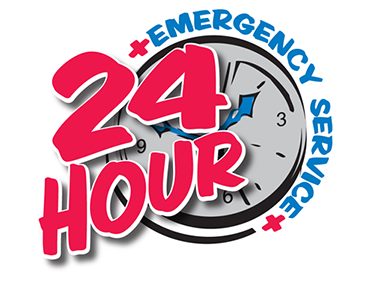call us now
0403 549 598
- Plumber Sydney
- About Us
- Services
- Blocked Drains
- Blocked Sewer Drain Cleaning Sydney
- Overflowing Drains Sydney
- Blocked Downpipe Repair Sydney
- Smelly Drain Fix in Sydney
- Stormwater Drainage Sydney
- Tree Roots Removal Sydney
- CCTV Pipe Inspection Sydney
- Blocked Drain Repairs Sydney
- Pipe Relining Sydney
- Unblock Drains Sydney
- Burst Pipe Repair Plumber Sydney
- Jet Blaster Plumbing Sydney
- Hot Water Services
- Hot Water Installers Sydney
- Hot Water System Repairs Sydney
- Hot Water System Replacement Sydney
- Solar Hot Water Installation Sydney
- Hot Water Brands Sydney
- Instantaneous Hot Water Installation Sydney
- Electric Water Heater Repair Service
- Rheem Hot Water System Installation Sydney
- Rinnai Hot Water System Installation Sydney
- Dux Hot Water Systems – Supply, Installation, Service and Repair
- Heat Pump Installations
- General Plumbing Sydney
- Gas Plumbing Sydney
- Leak Detection
- Blocked Drains
- Service Areas
- Reviews
- Projects
- Contact
Blog
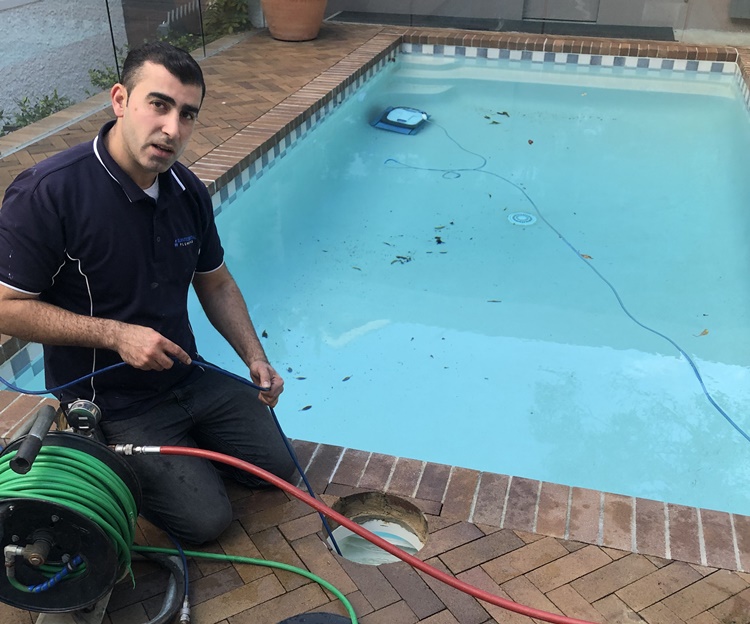
17 Feb. 2020
Blocked Drain: Early Warning Signs You Need To Know
Many homeowners and residents ignore the early signs and symptoms of a blocked drain and wait until their toilet won’t flush or the sink is overflowing and call an emergency plumber. Like many plumbing problems, if you address the early signs before they get worse you can save money and yourself a big headache. Our licensed plumbers have identified three things you should monitor in your home.
Slow Drains
A slow-draining sink is one of the first signs you have a blocked drain. Often occurring in a kitchen from food scraps, they often end up down the drain and clogging the pipes. If not attended to in a quick manner the sink blockage will get worse and you will need a licensed plumber to inspect it. Residential blocked drains are a very common issue for homeowners to ignore and will get pushed back. However, don’t forget this can cause further blockage and get worse.
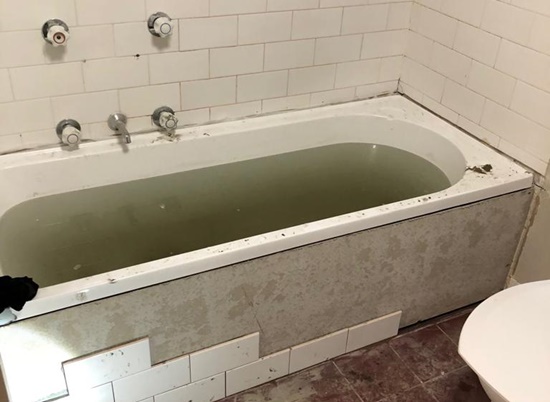
Toilet Water Rising
Blocked drains can affect your toilet and potentially lead to blocking downstream if not located in time. A continued build-up of hair, paper, wipes, or anything that is flushed down the toilet can lead to the toilet being unable to flush causing water levels to rise. If you notice the water in the bowl rising or the flush not draining enough it is recommended to get in touch with a plumber for inspection and investigation.
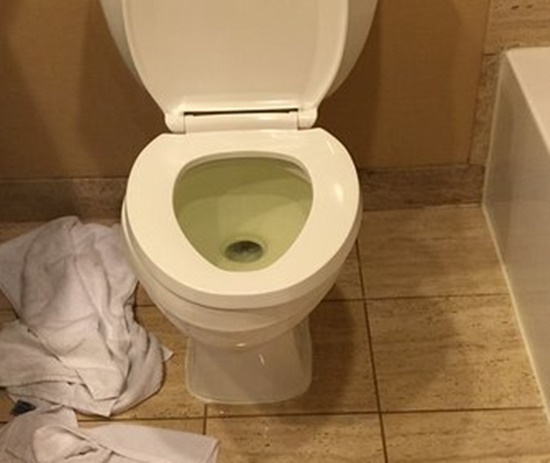
Noisy Pipes
If you can hear unusual sounds from the pipes or a gurgling noise there is a good chance you have a blocked drain. If you can hear or smell your plumbing, something is wrong. Contact a plumber to look deeper into the issue before a bigger issue appears. To find out if you are responsible for the blocked drain wastewater or stormwater problems call Sydney Water, your local Sydney City Council, or speak with a licensed plumber.
If you notice signs of a blockage occurring, keep an eye on this, and if it gets a worst call a plumber. Blockages don’t occur overnight and the slow build-up can lead to emergency plumbers so always be vigilant and maintain your plumbing in the home. Contact our expert plumbers to book a free drain inspection or make an online booking.
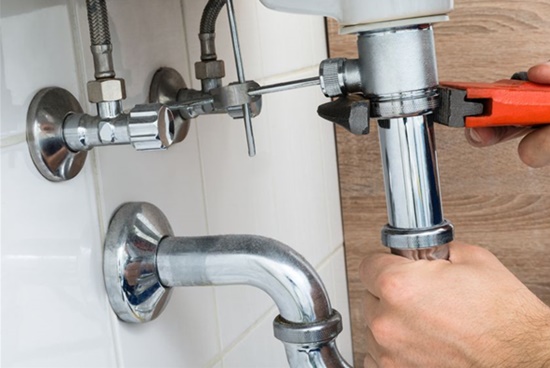
Related post:
The Benefits of Having Regular Sewer and also Drain Cleaning in Sydney
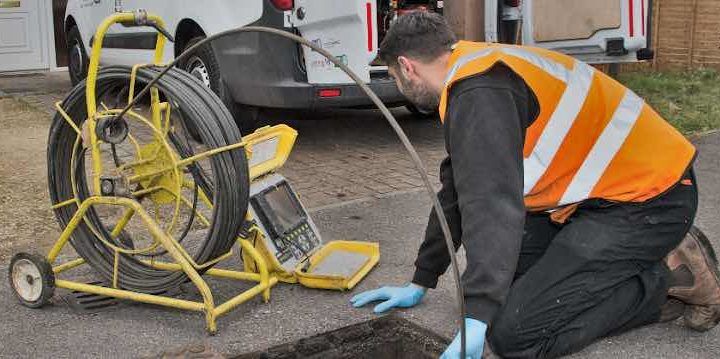
12 Feb. 2020
Water Damage Sydney – Ways to Minimise Impact
If you have been in Sydney this week you would have known about the weather, we’re talking about lightning, wind, hail, and – of course – storm water damage. This storm has brought 216 mm of water in the week and according to Water NSW, over the past week water levels have risen 31%, which is a great result for our state.
As your emergency plumber we are standing by to help, as a homeowner there are ways you can reduce the impact of water damage from storms before wild weather hits. So with bad weather already coming and predicted to hit again our team has come up with ways you can safeguard your Sydney property.
Water damage Sydney – ways to minimise impact :
1. Keep your gutters clean
Simple yet so many homeowners forget that gutters are up there so they can do their job when the rain comes down, but if they are full of leaves and other gunk you’re asking for trouble.
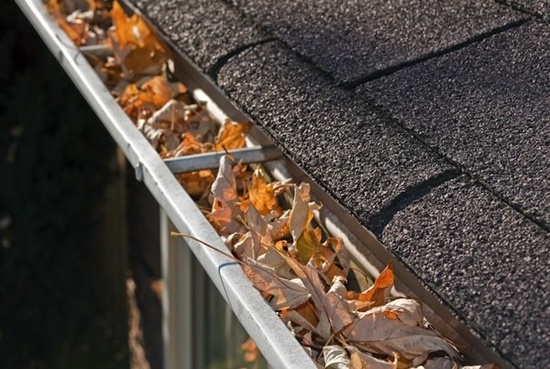
2. Fix your Leaks
A small leak in your gutters, roof or downpipes can quickly turn into a much bigger problem and become very noticeable during a huge downpour. At the earliest sign of a water leak make sure you get it repaired as quickly as possible.
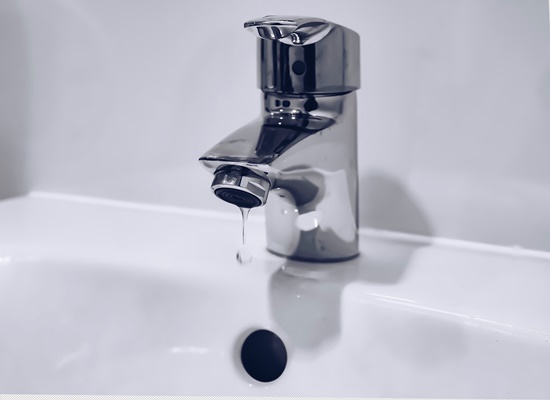
3. Test Your Downpipes with a hose
It is important to check for partial or complete blockages in those pipes or drains. Once the storm hits the water will start to flow quickly and the blockage can turn into a plumbing nightmare.
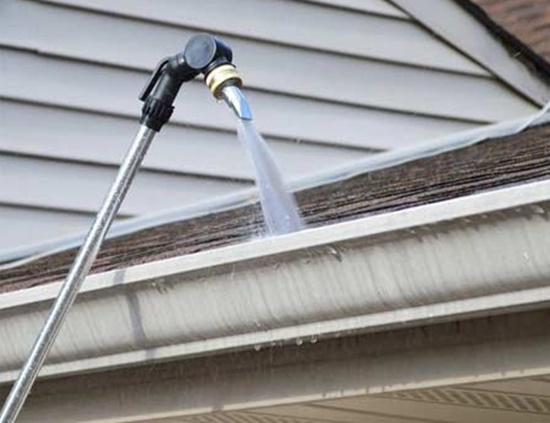
4. Check your rainwater tank
Often homeowners forget as part of their storm preparations is to look at the tank, if the pipes are blocked or not flowing fast it can become backed up and overwhelm your gutters.
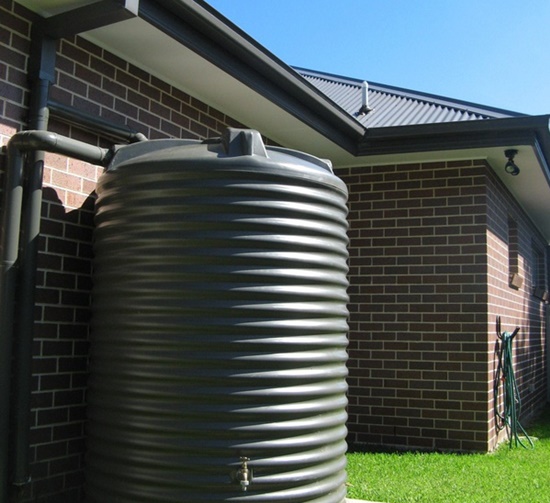
5. Understand your property’s stormwater flow
Since we have already had the storm have you noticed where the stormwater pools, are ‘rivers’ that form. This information can help you make a decision to changing the yards drainage or clearing some areas of debris.
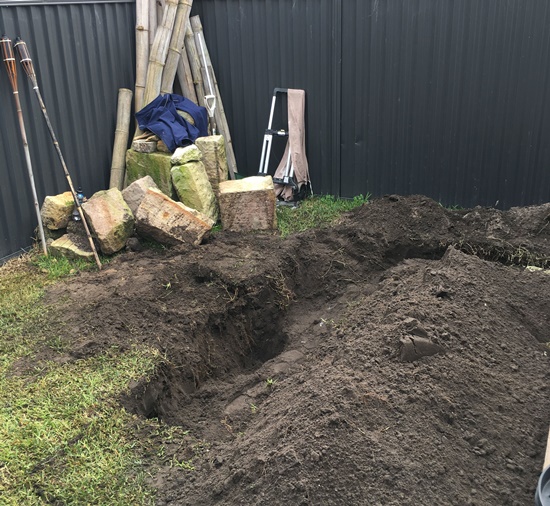
6. Check your backflow
When storms and floods are common it is important to check your backflow as your drinking water can be under threat from water flowing down your pipes in the wrong direction. You may want to consider installing a backflow prevention device and if you have one installed you may need to get it tested.
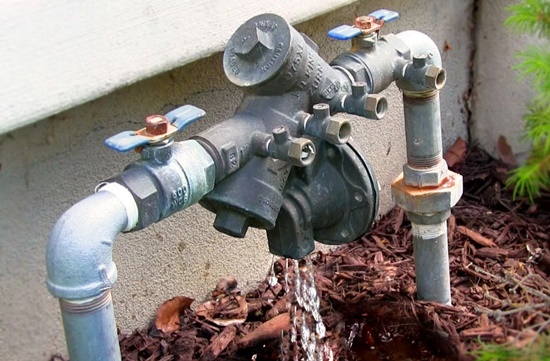
For Sydney residents and homeowners it’s our responsibility to protect our homes from storm damage and prevention is key to minimising impact. Speak with our friendly team to enquire if your home is protected.. Simply give us a call on 0403 549 598 or make a booking online.
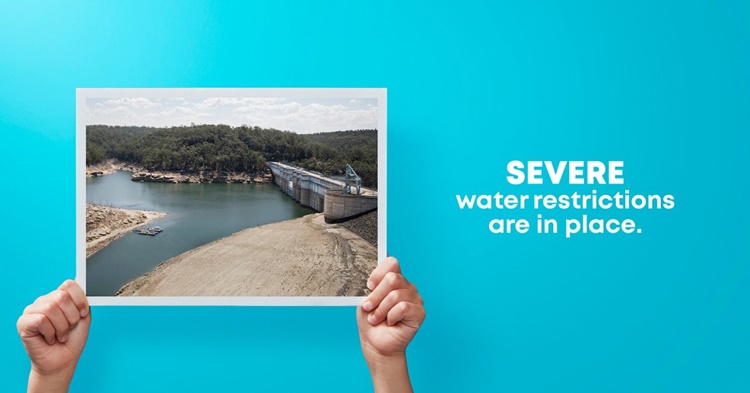
08 Feb. 2020
Level 2 Water Restrictions Now Enforced
Sydney Level 2 Water Restrictions Now in place
From the 10th December 2019 , level 2 water restrictions have been enforced by the NSW Government in Sydney, Illawarra region and the Blue Mountains. Did you know Sydney dams are currently sitting at 52.6%, compared to 72.2% time last year.
Restrictions have been put in place to protect our water supply by NSW Government. The following conditions have been
- Operating sprinklers and watering systems have at any time. Residents are allowed to use hand held hoses with a trigger before 10am or after 4pm
- Washing vehicles, building and hard surfaces
- Fitting new or renovated pools or spaces over 10,000 litres
What happens if you don’t obey the restrictions ? Residents of Sydney region will have penalties of $220 for individuals and $550 for businesses who don’t adhere.
Our team has designed simple measures you can implement in the home to start saving water.
How much water do you use?
Two main ways to find out how much water your family uses.
- Read the water meter
- Read your Sydney water bill
Monitoring your water usage over time will allow you to understand and track your water.
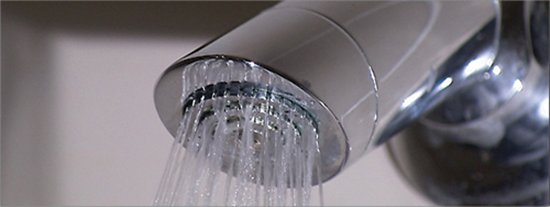
Change Your Water Usage
Every household can conserve water and change their daily habits to make a difference to minimise water usage. Simple ways you can help include:
- Time your showers to be less than 3 minutes, every minute you save 1 bucket of water
- Turn the water off when brushing your teeth
- Don’t do half loads of turning on the dishwasher or washing machine
- Install water efficient tapware in your shower to minimise water.
Using the Half Flush Button
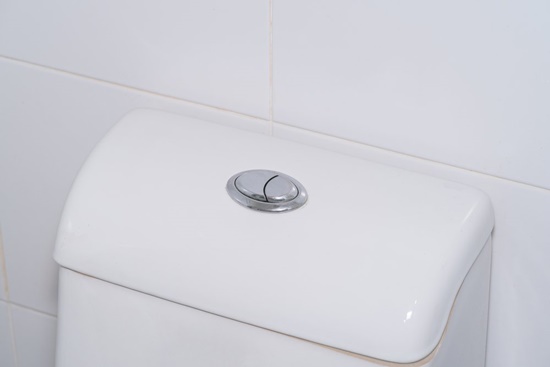
Having control over which button you press on the toilet will reduce your water consumption but also assist to reduce your bills. Installing a modern, water efficient toilet can save you 50L, and $148 per year on water bills. Check your toilet too see how much water you are consuming per flush. Every litre less in a flush will save a family of 4 nearly 6kL and $17.50 each year in water supply charges (based on 4 flushes per person per day and water at $2.99/kL).
Use the WELS lavatory product search to compare the efficiency and flush volume of different toilets before buying.
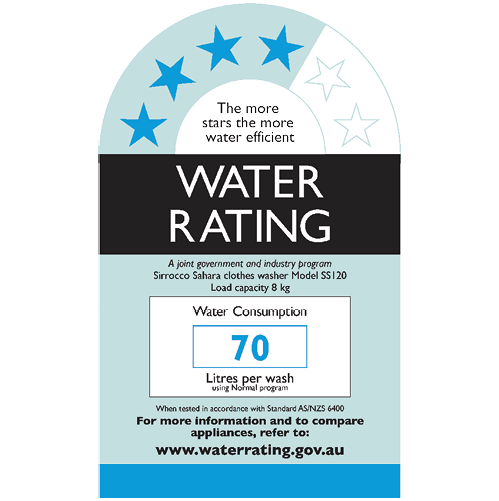
Repairing Leaks
Often something that is overlooked in the home as you don’t seem to think that a small drip or leak can cause you to lose thousands of litres per day from a constantly running toilet or tap. If you expect your toilet to have a leak try placing a few drops of food colouring into the cistern and without flushing you will notice the coloured water appearing in areas it shouldn’t!
If you discover a leak in your property or your rental property, call a licensed plumber immediately. Even if they can’t pinpoint the location they will have leak detection equipment to locate secret locations such in walls and beneath the ground.
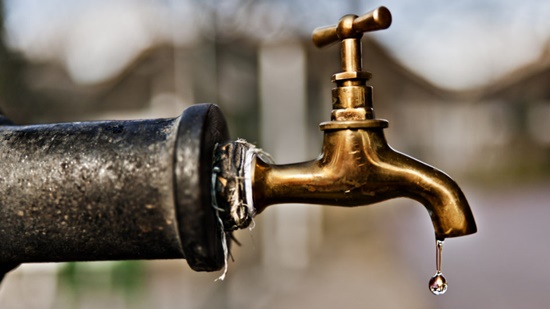
For Sydney residents and homeowners its our responsibility to conserve water and we all need to play our part. Speak with your friendly team to enquire installing energy efficient devices or locate leaks that have been troubling you. Simply give us a call on 0403 549 598 or make a booking online.
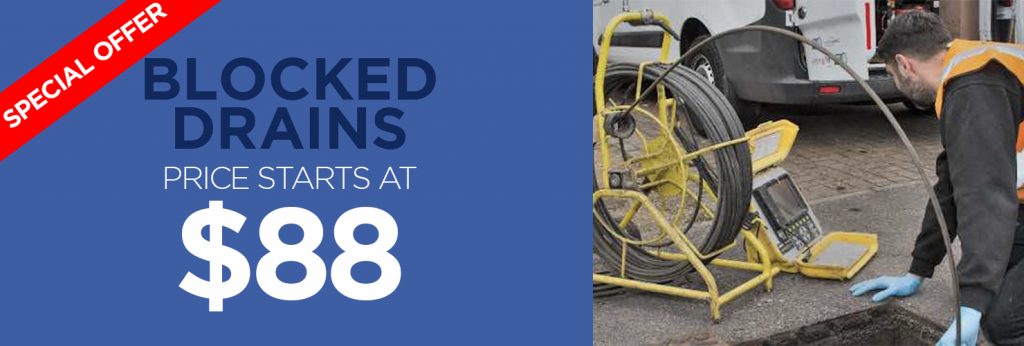
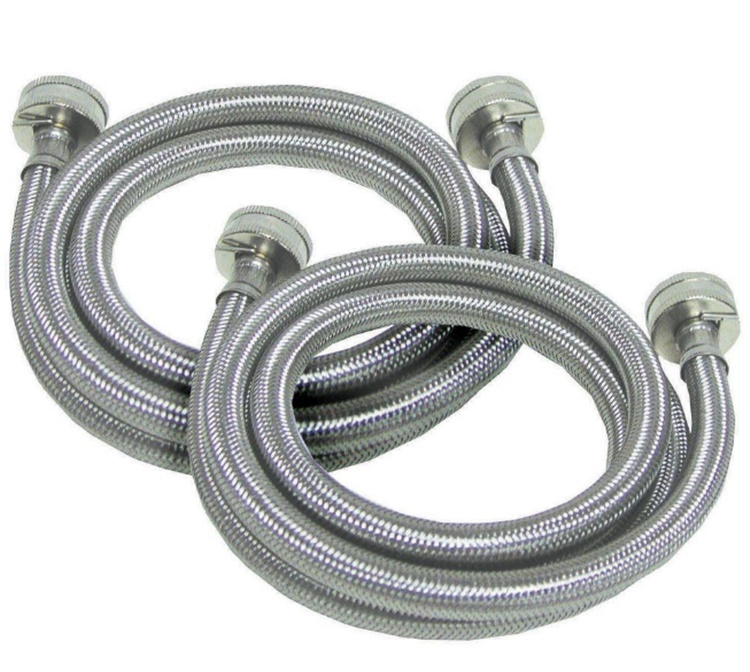
06 Feb. 2020
The Hidden Danger Under Your Sink
The most common insurance claims in Australian homes come from under your sink, also known as a flexi hose or flexible braided house. They are located underneath bathroom or kitchen sinks or basins in every home throughout Australia. If not installed correctly or maintained these hoses can cause huge impact and damage to your bathroom or kitchen and have been revealed as the leading cause of household water issues and damage.
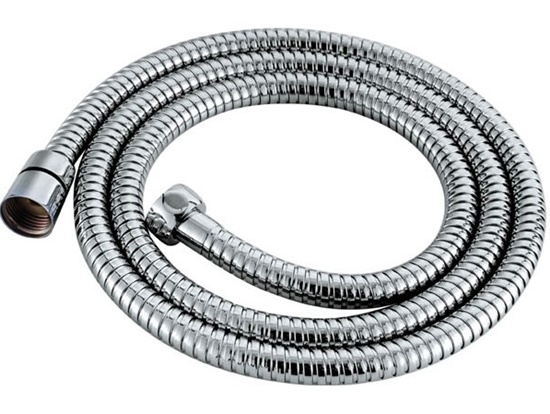
What is a flexi hose?
Have a look under your sink or basins and you will definitely find a flexi hose, they are adjustable rubber pipes wrapped in stainless steel braiding. Flexi hoses are very common for Australian plumbing as they can be bent into different shapes to fit different sinks and many different locations. They have now replaced the standard copper pipes and are a great solution as they cost effective solutions for residential construction and plumbing renovations.
Read post:
How to Replace The Kitchen Sink
How do they cause damage ?
Flexi hose can cause serious water damage to kitchens and bathrooms if not found in time. The stainless steel protecting the rubber pipe can be corroded by rust and begin to unravel or come loose at the connection points. If a flexi hose bursts it will result in water damage, ceiling damage, flooding, damaged walls and potentially a home that is no longer habitable. Other effects of damage from a burst flexi include:
- Mould growth
- Structural damage to the surrounding space
- Contents damage
Research conducted by Australia’s largest insurer, IAG (Insurance Australia Group) found that flexi hoses resulted in 22% of water damage claims in Australian homes in 2018, in the kitchen or bathroom area.
How can you prevent flexi hose from bursting ?
Most likely you have flexi hose installed underneath your basin or sink, we recommend you follow the below instructions to minimize water leaks.
Installation By a Licensed Plumber
We recommend you have a flexi hose installed by a licensed and qualified plumber, it may seem like a simple job but you can rest assured that the correct installation will be followed and you will not have any water leak or damages in the future. Our team will ensure the right length of hose is being installed and not too loose or tight.
View our license details here.
Maintenance
Having a qualified plumber conduct regular maintenance on your plumbing will ensure you will not face any unexpected water leaks or damages.
Suggested post:
What Cause’s Kitchen Sink Blockages?
7 Insider Tips That You Need When You Are Hiring Your Residential Plumber Within A Budget
Regular Inspections
Cost effective solution to ensure you won’t have any burst flexi pipes. Our licensed plumbers recommend you check underneath your sink or basin every 3 months to ensure you will not be confronted with any damage. Our team can also meet with you every year for a free home plumbing inspection.
Do you remember when your flexi hoses were inspected by a licensed plumber? Now is the time to get in touch with Quintessential Plumbing. We can arrange one of our plumbers to examine and determine if your flexi hose needs replacement.
Don’t leave it too late, give our friendly team a call on 0403 549 598 or make an online booking today!
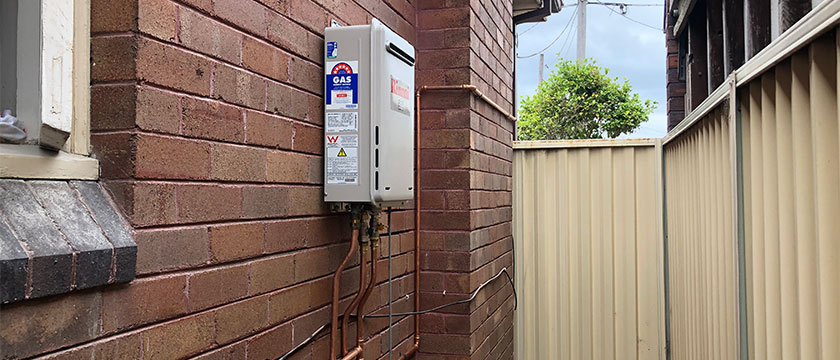
22 Nov. 2019
Signs You Need a New Hot Water Heater For Your Home
Our expert plumber Kelvin works with clients daily to ensure their family has constant and safe hot water heaters to ensure they can carry on with their daily duties in the home.
Kelvin lets us in on the key signs you will come across when you require a new hot water system for your family and home. Here’s what he has to say…
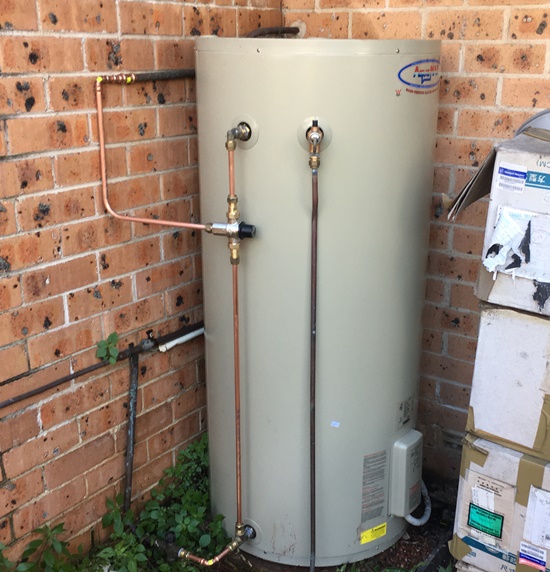
Age of the Hot Water System
Did you know hot water systems are expected to last around 8 – 12 years? If you check the manufacturer’s information they will tell you timeframes. If you are in an older property and the life of the system is over 15 years we recommend replacing the system as problems may begin to occur.
Water Isn’t Hot Enough
Are your showers turning cold halfway through or failing to heat up? Potentially this could be an issue with the thermostat so ensure you have a licensed plumber assess the issue.
Sizzling or Hissing Noises from the Tank
When your hot water system begins to make noise it is often a sign that the heater needs to be replaced or serviced. It’s best to speak with an expert to check the cause and identify the problem.
Sludge or Rust Around the Tank
Corrosion around your hot water system fittings means you usually have a leak. Try tightening the fittings. If this doesn’t seem to fix the problem it’s best to call a professional plumber to take a look and assess what can be done.
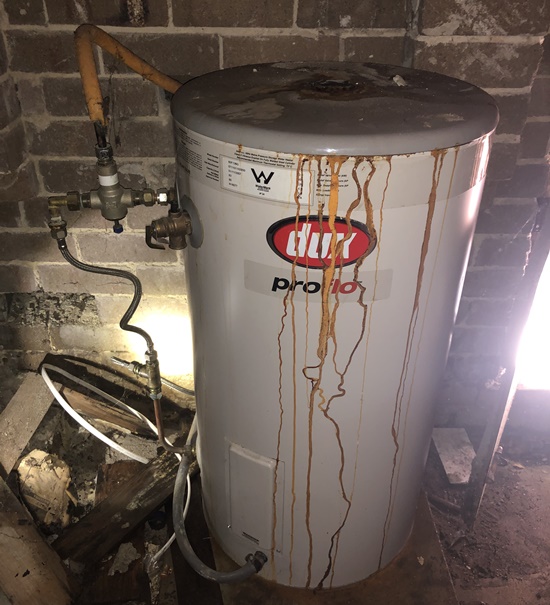
Our plumbing team can ensure your hot water system is repaired or replaced with success. Book your FREE in-home consultation with a member of the team today.
Our Complete Hot Water Service List For Your Home in Sydney
- Hot Water Installers
- Hot Water System Repairs
- Hot Water System Replacement
- Hot Water Service Near Me in Sydney
- Instantaneous Hot Water Installation
- Electric Water Heater Repair
- Hot Water Brands Sydney
- Rheem Hot Water System Installation
- Rinnai Hot Water System Installation
- Dux Hot Water Systems Installation
- Gas Hot Water Installation
- Solar Hot Water Installation
Related Articles That You Might Also Be Interested in
Simple Tips to Maintain Your Hot Water Heater
Hot Water System Replacement in Sydney
Hot Water Safety Maintenance In Your Sydney Home
How to Turn off A Hot Water System in 4 Easy Steps
Which Hot Water Heater Is Best for Your Home?
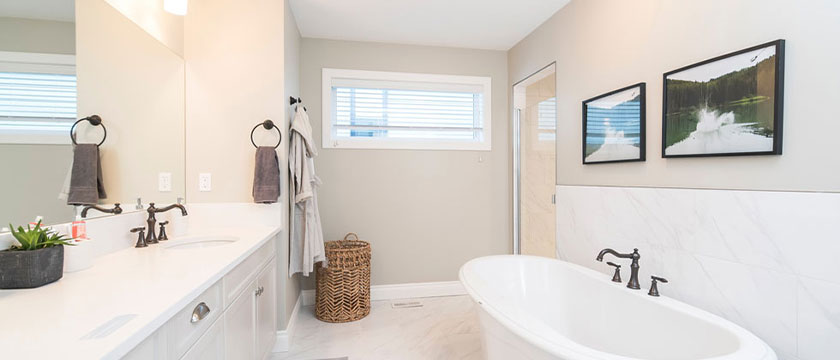
08 Nov. 2019
The Do’s and Don’ts for a Successful Bathroom Renovation
Consult a licensed plumber
A skillful bathroom renovation can yield as a perfect sanctuary and relaxing environment space, while a poorly done renovation will serve as a daily reminder of low quality materials or shoddy workmanship. We have created some simple do’s and don’ts to create your beautiful oasis.
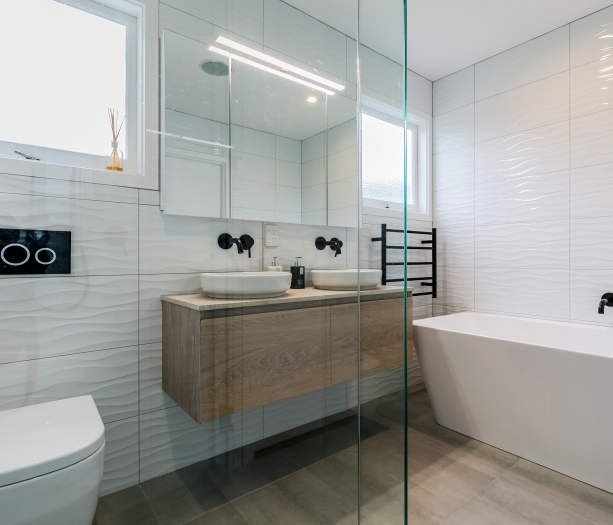
Do – Search for Design / Style Inspiration First
Every bathroom renovation starts with a plan, you need to establish the layout of the bathroom and feel free to play with the design. Once the foundation is set we now can search for the physical objects.
Do – Set A Realistic Budget
It is wise to set a realistic budget and too ensure you are aware of unexpected expenses such as mould issues.
Do – Consider Going Green
To make the most out of your renovation project, use and install fixtures that are efficient and environmentally-friendly.Toilets, taps, and showerheads are just some of the standard fixtures that now come with eco-friendly seals.
Do – Install Appropriate Ventilation & Lighting
A typical bathroom has limited space and probably does not have large windows to provide ventilation or a lot of natural light in it. As such, consider how to ventilate the moisture and steam that results from showers and hot baths and let in enough light inside.
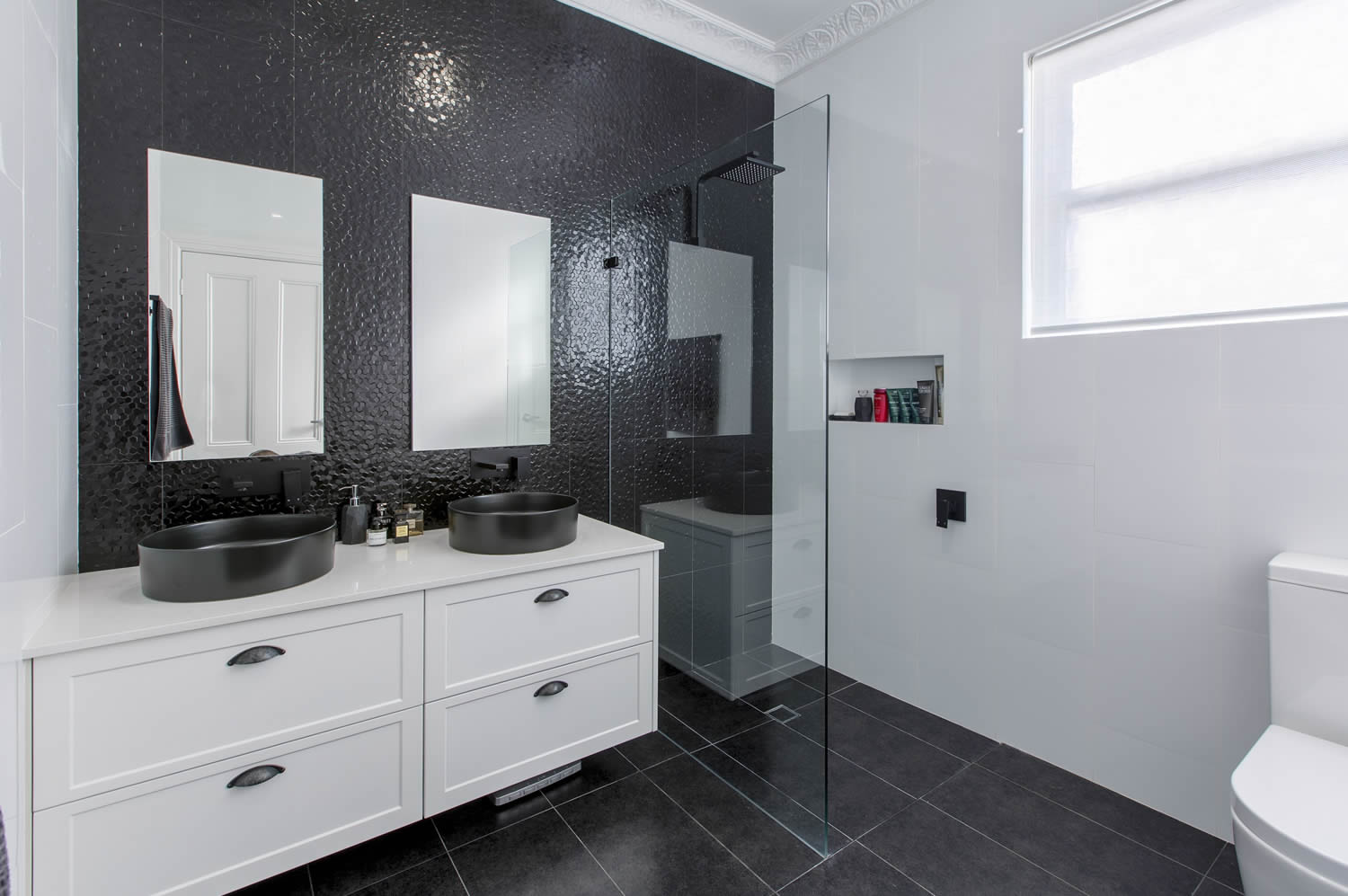
Don’t – Hire the Cheapest Contractor
With any renovation project, cost is always a big concern but it is important to think of the project as an investment. Skilled trades don’t come cheap, it is not recommended to cut costs here as you may end up with a botched bathroom renovation and unexpected costs down the track.
Don’t- Rush your timeline
A successful bathroom renovation comes down to simply good planning. Take your time and consult with experts to thoroughly discuss your budget, lifestyle requirements, and ideas.
Don’t- Forget storage
When designing the bathroom it is something you can easily forget about, you must think practical. Well designed storage elements make your daily duties easy. Features like soap dishes or built-in shower caddies are also easy ways to maximise the storage capacity of your bathroom.
Don’t- Select the lowest quality PC items
You must remember that you use your bathroom everyday and it is prone to water, heat and general wear and tear. Installing quality materials and tiles will ensure longevity of your bathroom.
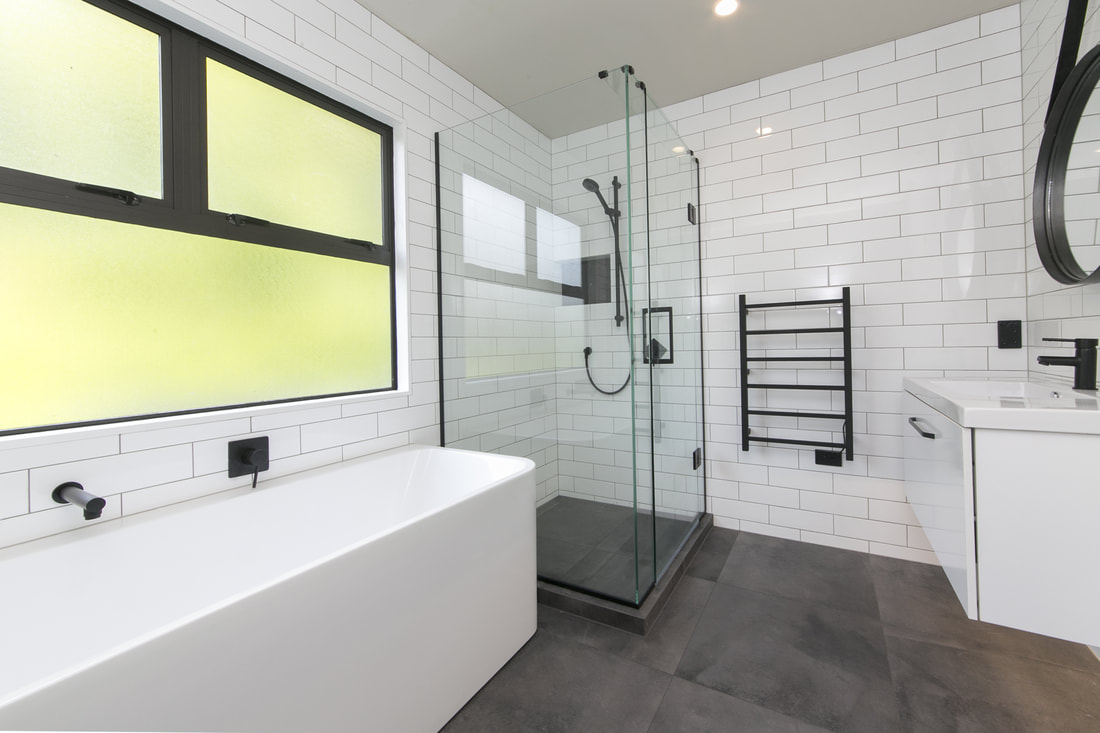
Our design team can ensure your bathroom renovation project achieves success. If your ready to transform your bathroom space book in your FREE in-home consultation with a member of the team today.
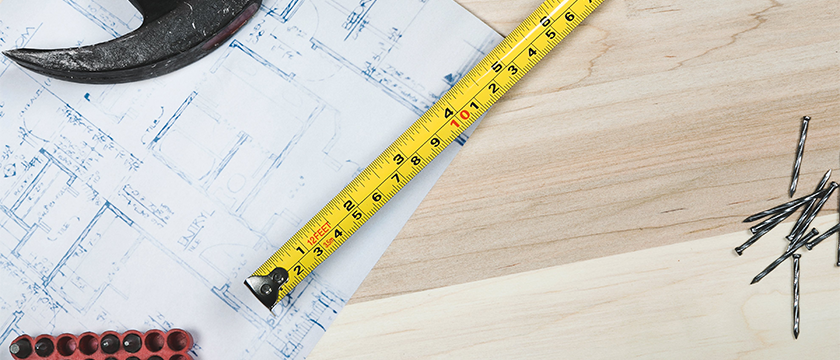
15 Jun. 2019
Preparing Your Home’s Plumbing for a Pre-Sale Building Inspection
Are you planning to sell your home ? It is important to ensure all plumbing in your home is working at 100% standards, no taps are dripping, toilet seats aren’t loose or there isn’t any high water pressure or blocked drains before the pre-sale building inspection.
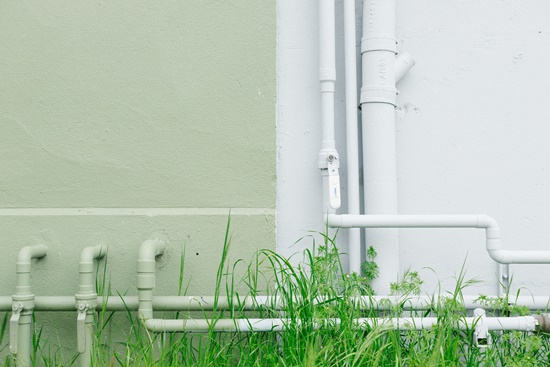
What will the inspector check?
– All taps ensuring there is not any leaks
– Toilets are all in working condition
– Tiling is compliant
– Water pressure
– Waterproofing
– Roofing and guttering
– Hot Water System
– Gas outlets
– Certified renovations
Read post:
How To Avoid The DIY Plumbing Disaster
What can you do prior to sale?
- Fix the leaks prior to sale
- Only use licensed trades.
- Divert water away from the house.
- Maintain your gutter systems.
- Obtain compliance certificates from renovation works.
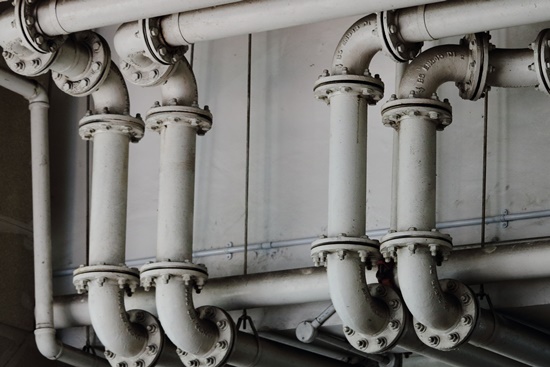
Peace of Mind
To ensure your property will not be de-valued due to any faulty plumbing it is always recommended to complete a spot check prior to sale before the pre-sale building inspection date. All agents recommend an independent inspector to assess the home and you would not want the buyer turned away because of uncompliant plumbing works.


